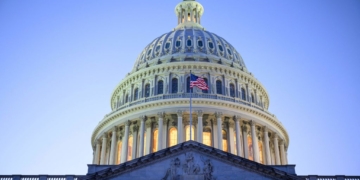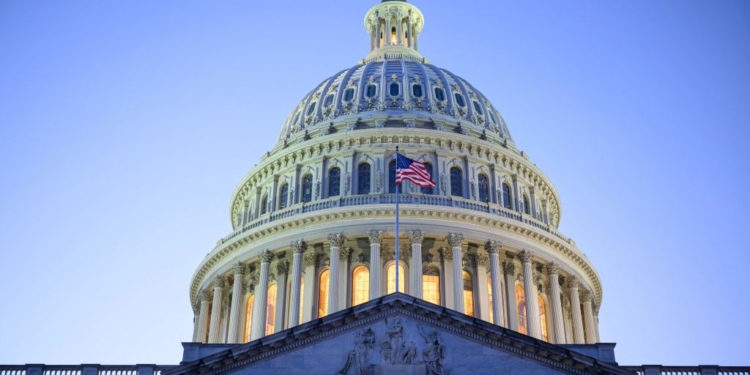As President Donald Trump advances legislation aimed at cutting taxes and reducing federal spending on programs like Medicaid and the Supplemental Nutrition Assistance Program (SNAP), states across the country are bracing for fiscal fallout.
With the new fiscal year beginning in 46 states, most legislatures have already adjourned, passing budgets without clarity on potential federal funding reductions, according to the Associated Press.
“The ebb and flow of rumors and reality have created great uncertainty and some anxiety in state governments,” said David Adkins, executive director of The Council of State Governments.
Medicaid, which constitutes roughly 30% of state expenditures, is a primary concern. New work requirements and proposed funding shifts in Trump’s bill could remove millions from the rolls and force states to cover larger financial shares.
SNAP is also on the chopping block, with the legislation proposing to push more administrative and benefit costs to the state level.
“States wouldn’t be able to fully absorb those,” cautioned Brian Sigritz, director of state fiscal studies at the National Association of State Budget Officers.
In anticipation, some states have adopted cautious fiscal strategies. New Mexico created a $2 billion Medicaid trust fund.
Hawaii reserved an additional $200 million, and Vermont earmarked up to $110 million to offset potential shortfalls.
Florida passed a proposed constitutional amendment setting aside up to $750 million annually for emergencies.
Virginia Gov. Glenn Youngkin exercised line-item vetoes to create a $900 million buffer, citing “short-term risks as President Trump resets both fiscal spending in Washington and trade policies.”
Some legislatures have taken a monitoring approach. Montana’s budget includes a $50,000 provision for analysis — triggered only by significant federal cuts.
Maryland requires fiscal review if federal aid falls by $1 billion. Connecticut’s budget office must identify funds to preserve vital programs in the event of federal reductions.
“We’re seeing states enacting really cautious budgets,” said Erica MacKellar of the National Conference of State Legislatures, noting the widespread uncertainty prompting some to plan special sessions.
North Dakota, meanwhile, wrapped its session early, deliberately preserving days to reconvene if federal policy shifts demand swift action.


























 Continue with Google
Continue with Google